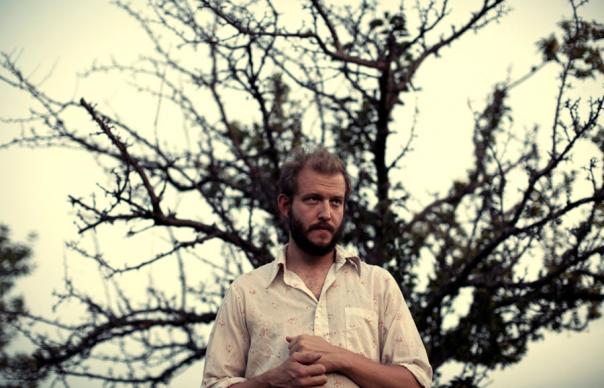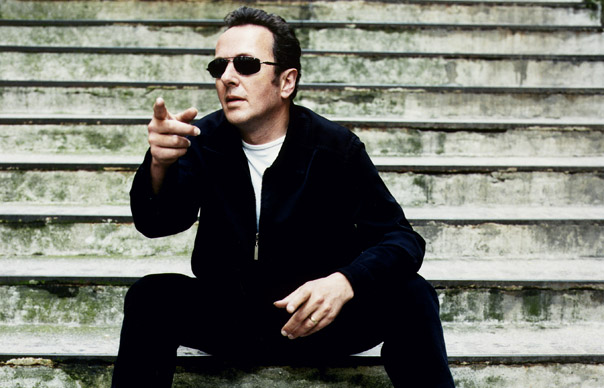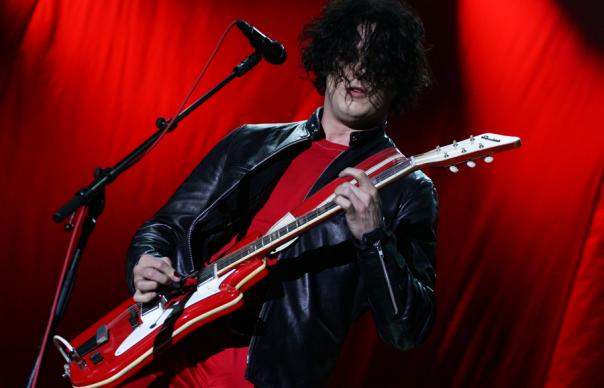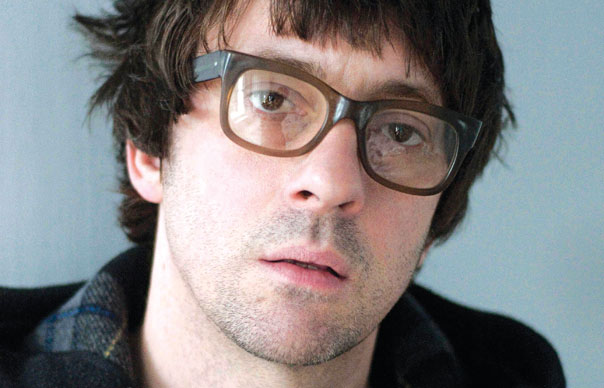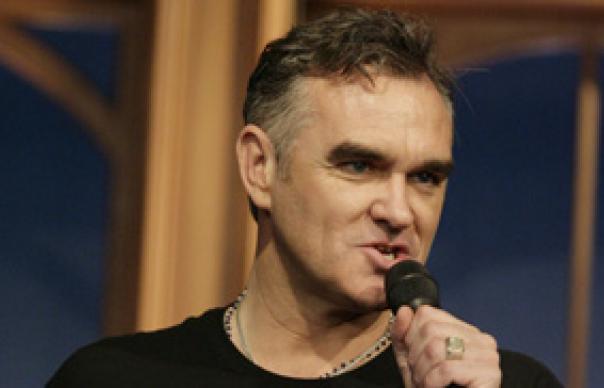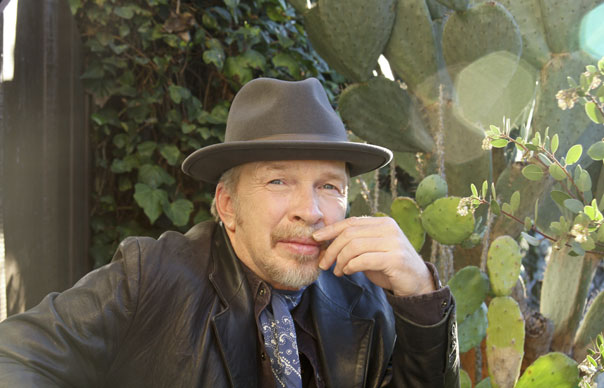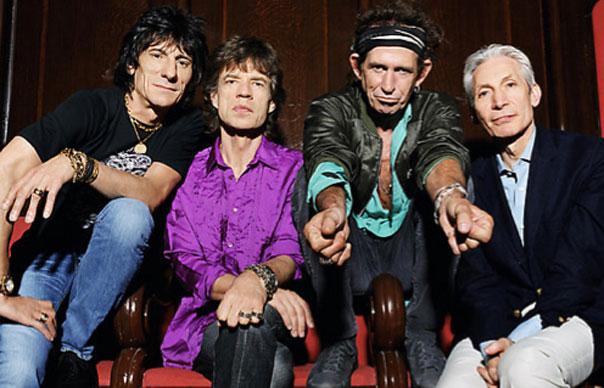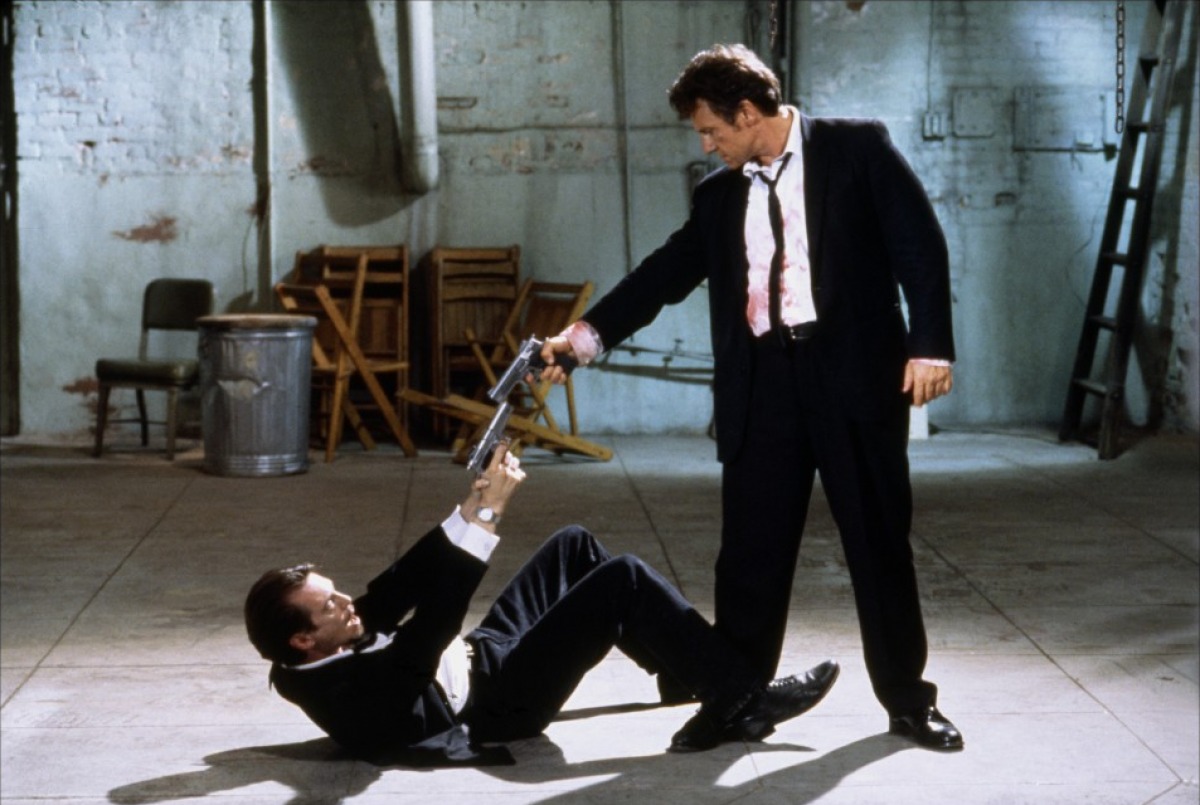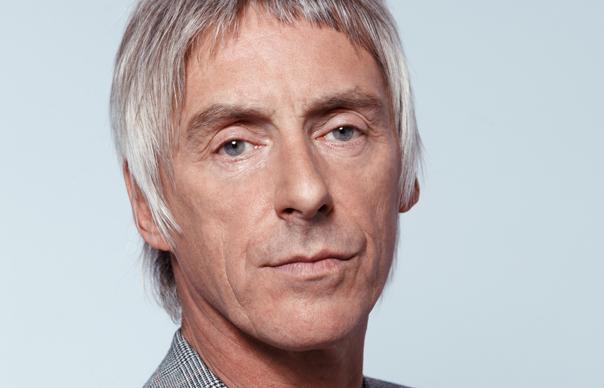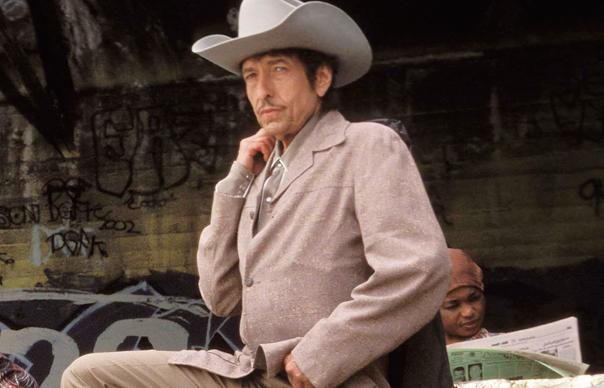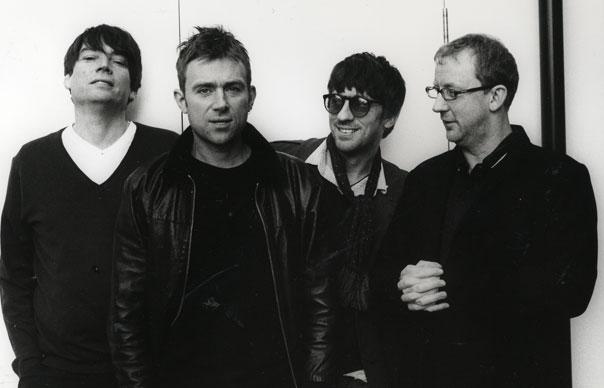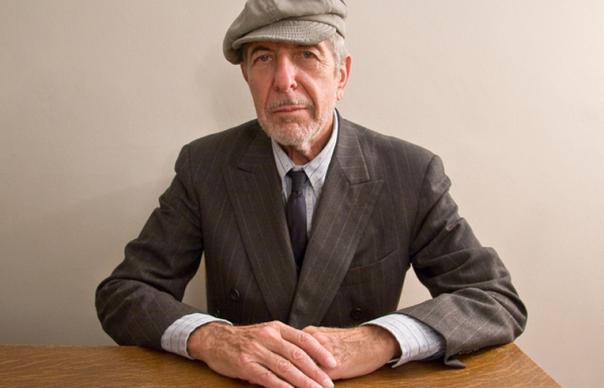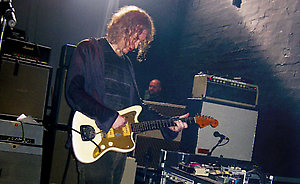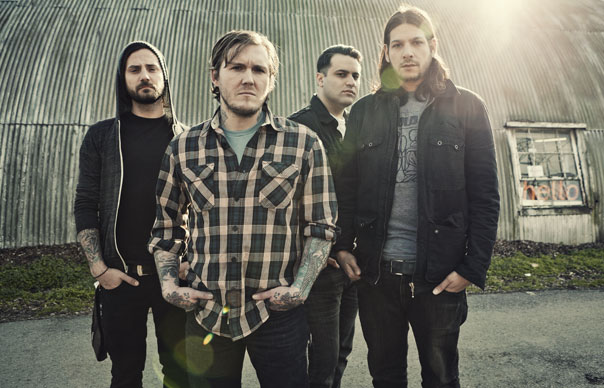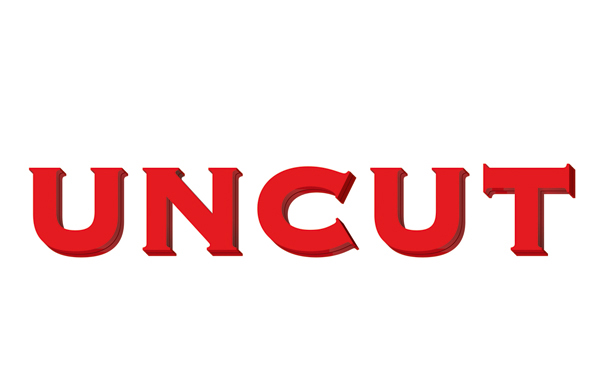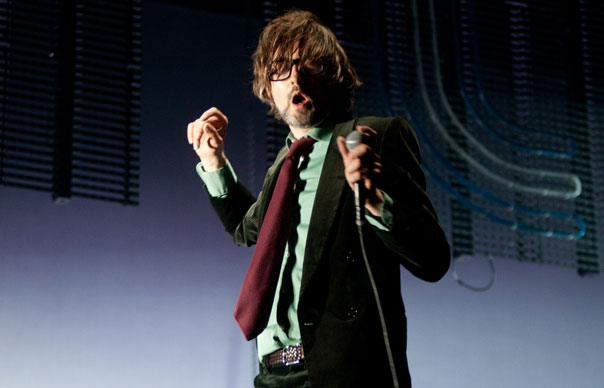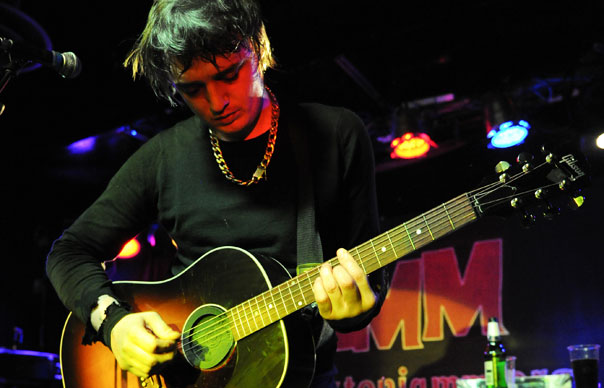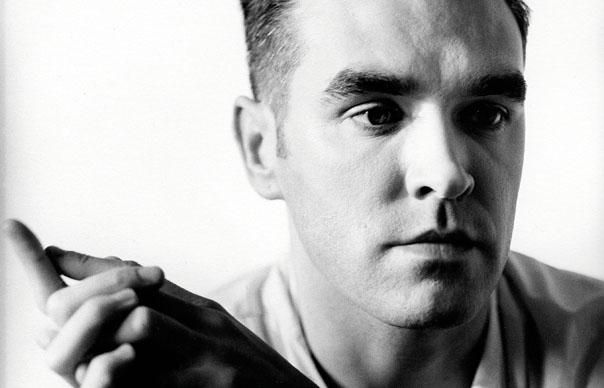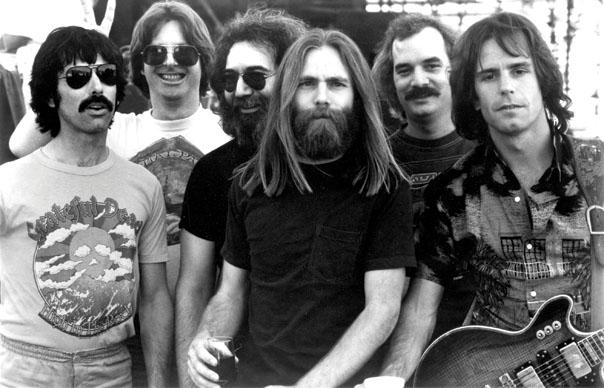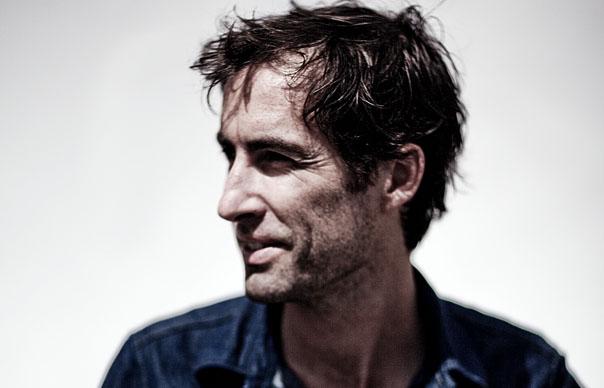As this month’s new Uncut (May 2012, Take 180) features Brian Fallon talking about The Gaslight Anthem’s upcoming new album, Handwritten, we thought it would be fitting to dig out this Uncut feature from January 2010 – in which Fallon tells Jaan Uhelszki how he became a rumbustious, show-stealing international phenomenon, beloved even by The Boss himself. Not bad for a tattooed punk kid whose “mother fed me Born To Run with my Cheerios”…
____________________
Three songs into The Gaslight Anthem’s set at this year’s Glastonbury festival, frontman Brian Fallon called for hush from the crowd.
“I’m hearing the waves of my hometown,” he explained in a stage whisper. “Somebody back there? Who’s coming out?”
Seconds later, a lithe, tanned Bruce Springsteen sauntered onstage carrying Fallon’s new Les Paul guitar. First throwing an arm round the neck of the singer, then ceremoniously and quaintly bowing to him, Springsteen plunged into The Gaslight Anthem’s “The ’59 Sound” as if he’d been playing it for years. In fact, it was decided only 10 minutes before the set that Springsteen would perform with the band.
Nearly four months later, Fallon still savours the moment. “I wanted to tap him on the shoulder and say, ‘Dude, did someone forget to tell you that you were Bruce Springsteen this morning?’” he says with a quick shake of his head. Some people might want to ask the heavily tattooed Fallon the same question.
But the comparisons are perhaps inevitable. Not only do The Gaslight Anthem hail from the same part of the world as Springsteen – New Jersey – they also specialise in similar, rambling narratives whose protagonists, identified only by their Christian names, bump up against their own mortality while living on the margins of poverty along the Jersey Shore. Their vision of life is witnessed from the back of a Chevy Nova speeding out of town – away from this place of low horizons and Soprano mob swagger – bidding goodbye to a romanticised teenage street life for some imagined rosier future.
The fact that Springsteen is a fan isn’t a stretch, it’s more or less a foregone conclusion. “You know Springsteen is a hero to a lot of people in New Jersey,” says Fallon. “He’s a role model, because he’s a local guy who got out.”
For the last nine months The Gaslight Anthem have ranked among Springsteen’s Top Friends on MySpace, ever since his eldest son Evan attended one of their shows and raved about it to his father. They finally met in December 2008 at a benefit in New Jersey, after Springsteen asked a friend, singer-songwriter Nicole Atkins, to introduce them.
“Although I met him in December, it wasn’t until Glastonbury that we were anointed,” Fallon says with a short laugh that’s caught somewhere between self-awareness and irony.
But he’s right. Within days of the Glastonbury show – and a support slot for Springsteen in Hyde Park the next day, where Bruce once again joined them for “The ’59 Sound” – sales of The Gaslight Anthem’s second album, The ’59 Sound, rose 200 per cent. Within a month, they were selling out shows in both the UK and America, with Fallon identified as the “next Springsteen” – in much the same way Springsteen used to get called the “next Dylan”. Not that the comparisons seem to bother the 29-year-old – or so he says.
“I grew up in the next town over from Asbury Park, and five streets from E Street,” Fallon explains, when we meet in Chicago for the last dates of their current tour. “My mother fed me Born To Run with my Cheerios.”
Fallon grew up just outside Spring Lake, a New Jersey borough known for its golf courses, country clubs and as the birthplace of Jack Nicholson. A mile away, you’ll find the less salubrious Spring Lake Heights. Named the 28th most desirable place to live in New Jersey, it boasts only 5,227 residents – many of them factory workers from nearby Freehold.
“It was like the septic tank of what was left over from Spring Lake. It’s like, let the poor people have this block, you know? The things I’ve seen are the same things he [Springsteen] had seen, only 30 years later.”
Songs like “Great Expectations”, “I Coulda Been A Contender” and “Wooderson”, underscore the claustrophobia that Fallon felt growing up in Spring Lake Heights. In “Wooderson”, for instance, a line like “They got one pill to make you smaller, they have one pill to make you scream,” should give you sense of what it was like to be imprisoned in this small blue-collar town. His songs crackle with the same kind of dramatic authority and fatalism that Springsteen brought to Born To Run. While more than three decades separate them, both men were determined not to be smothered by their geographic destiny. As Fallon sings in “High Lonesome” – “The taste of defeat was never too far from your mind”. But instead of paralysing Fallon, such limitations have galvanised him.
“Everybody told us we would never make it,” he explains. “Even friends would say to me, ‘Okay this band thing is cool, but seriously, what are you really going to do?’ I can’t think of anyone who believed in us, and that was fuel for the fire, because the more anybody said I wouldn’t do it, the more I was like, ‘No, I’m going to do it.’ The only one who believed in me was my mother. She would always say to me that I was the one in a million who was going to do it.”
After a failed entrance interview for the Pratt Institute, one of the pre-eminent art schools in America, Fallon abandoned his dreams of being a graphic artist and clothing designer to become a musician. But not entirely: many of his songs include references to ensembles, pearls and, most of all, shoes.
“Shoes are everything,” he offers. “You can tell more about a man from his shoes than his handshake, because they tell where you’re going. It’s almost as if who you wish you were is on your shoes.”
So what about you?
“I wear shoes without laces that slip on because I wish I could just be a casual guy.”
But you’re not?
“No, not at all.”
You’re a serious guy?
“Very serious. I always think of those old pictures of Tom Waits wearing those pointy shoes with the buckles – the Stacey shoes. He always wished he could be a Casanova and instead he was a genius.”
As for his mother, she wasn’t as daunted as he’d anticipated by his career change. Now a heath authority worker, she’d once been a member of Jersey band, The Group Folk Singers.
“She didn’t bat an eye. She just told me, ‘If you’re going to do this, I want you to be Mick Jagger, not Keith Richards.’ Like she’d been expecting it all the time. Keith might be the soul of the Stones but she wanted me to keep my eye on the business side.”
This, it seems, is part of the reason Fallon doesn’t do drugs and has never got drunk.
“There’s something that I need to constantly be proving to myself, and I can’t be drunk if I intend to do that. I don’t go out late at night. I go on the bus and write songs. I believe that you have to earn your keep here, and there is a time for celebration – but not until you’ve gotten to where you want to be. And I haven’t. I really need to prove that I belong here. I ask myself ‘Why is it you and not a hundred other better bands?’ It’s almost like I have survivor’s guilt, but in a totally different way.”
It’s not just luck that’s propelled The Gaslight Anthem to headlining status and sold out shows. Benefiting from a massive underground following, and more than 300 days on the road for the past two years, The ’59 Sound – released by LA indie label SideOneDummy – debuted on the Billboard chart at No 70 in August 2008, selling 43,000 copies in its first week.
“I’ve seen bands with talent, bands with drive, and bands with vision,” says Joe Sib, co-founder of SideOneDummy. “You can succeed with just two of the factors, but The Gaslight Anthem have all three. They’ve also learned from the mistakes of the bands they’ve looked up to and they’re not making those mistakes.”
And, you can add, they’re hard workers. When not on the road, Fallon and his bandmates – guitarist Alex Rosamilia, bassist Alex Levine and drummer Benny Horowitz – clock on for an authentic working week.
“Generally we practise about 11 until about five every day, Monday through Friday,” acknowledges Fallon. “We give each other the weekends off, but we really go at it and we don’t mess around our practice, like there’s not a lot of eating food and stuff. It’s full-on playing.”
So who cracks the whip?
“I do. But I try to be reasonable about it. The guy who owns our management firm said: ‘Brian is like a benevolent dictator. He’ll definitely crack the whip, but not without purpose. Not just to see you suffer.’ But I know myself. I’m going somewhere. I don’t know where that’s going to be, but I’m going there, and fast. If you want to come along that’s fine, and if you don’t that’s also fine. I know how to be alone. I was an only child, I know what alone is.”
So far, everyone’s still along for the ride. But it’s interesting that while The Gaslight Anthem’s live performances are seamless and fast-paced – the sure sign of a band in complete communication with one another – Fallon is quick to point out there isn’t much in the way of socialising off stage.
“From the very first it just worked. We’ve never had an awkward gig, ever. It just all came together immediately,” he says. “But the funny thing is, you couldn’t really call us friends. I think what we do kind of binds us together and I think our greatest strength is the way that we play together without communicating. We can’t talk to each other very often. Like I mean we talk when we’re not talking about music or work. But when we try to communicate things to each other about music, we speak in 10 different languages.”
So who usually gets their own way?
“I do,” he says, simply.
It’s also Fallon who’s responsible for all the rock references in their songs. He peppers them with snippets of lyrics by Tom Petty, Bob Seger, Bob Dylan, Tom Waits, even Elton John. One website deconstructed their two albums and came up with 61 separate references – enough to kick off a pub quiz, surely.
Fallon doesn’t even attempt to defend himself. “Of course, I know I do it,” he says, a little exasperated. “It surprises me when someone doesn’t get it. In ‘Blue Jeans And White T-Shirts’ I called myself out for it. After we wrote our first two records everyone said, ‘Do you have to use the name Maria in every song?’ So I wrote the line: “Call every girl we ever met Maria/But I only love Virginia’s heart.’”
“The truth is, I see us as part of the tradition of narrative American rock. It’s very ceremonial for me, and this is part of the ceremony. I take it much more seriously than most people think. There’s people who can just say, ‘You’re copying Springsteen’s narratives and Tom Waits’ vocal style and The Clash’s guitar-playing.’ The greatest tragedy is that all of my other influences get ignored. I think it’s a disservice to the other artists that I love. If it wasn’t the combination of all of them, this record wouldn’t have been what it is. Bob Seger is as important to me as Tom Waits. Leonard Cohen is an influence for sure. The Pretenders. The vocal style, those call-and-response things, is all Chrissie Hynde. I’m not even talking like cool Pretenders. I’m talking about [1994’s] Last Of The Independents Pretenders.”
Indeed, Fallon is quick to point out the impact The Clash had on him, as a callow 10-year-old. Looking for the new Rancid album in Sound Effects Records in Hackettstown, New Jersey, the proprietor had other ideas.
“The guy who ran the place told me, ‘What you’re looking for is not anything you should be listening to. This is where you start.’ And he and his friend chipped in and bought me the first Clash album. Then he told me, ‘If you take this home and it doesn’t change your life, you bring it back.’”
And did it?
“Immediately. I heard the first couple songs and I wasn’t interested in ‘White Riot’ or those real aggressive songs, but when I got to ‘(White Man) In Hammersmith Palais’ and I heard the harmonica, and I just went, that’s me. Joe was a little rougher than Bruce was and that’s the thing that I liked. I realised you can have this rough edge and still be validated and say things worth saying and say poetic things. Before Joe, I never heard someone play the way I played yet be poetic at the same time.”
A month after Strummer died in 2002, Fallon’s parents took him to Jesse Malin’s Niagara Bar in the Lower East Side of New York, where one of the walls has an airbrushed painting of Strummer. They took a photograph of the portrait and the next day Fallon had it tattooed on his left shoulder. “I Woulda Called You, Woody” on their debut album, Sink Or Swim from May 2007, began life as a letter Fallon was writing to Strummer’s widow.
But, after playing with Springsteen at Glastonbury, the other great moment in Gaslight Anthem’s storied year occurred when they snagged a touring slot opening for another set of heroes – ’80s US hardcore trailblazers Social Distortion.
“I was probably more nervous meeting [Social Distortion frontman] Mike Ness than I was meeting Springsteen. Why? Because Mike is so tangible and so intangible at the same time. He was the first person that I recognised was doing what I’m trying to do. If I could be anybody, I’d be him. He seemed so unaffected by the world. He’s the reason I started getting tattoos. He’s why I write the songs that I do.”
For now, Fallon is looking to the future. After nearly two years of touring The ’59 Sound, he’s got a handle on where to take his band next.
“I just taught myself to play piano and I’m determined to write a different record than the last two,” he reveals. “For me, this new record is inspired by The Supremes – those melodies. I’m also trying to get the panic of Mitch Ryder songs. ‘Devil In A Blue Dress’, bang! ‘Sock It To Me, Baby’, bang! That breakneck speed where you hear a song and even though tempo-wise the song is not that fast, at the end of it you feel like you’ve just been wrung out.
“At the same time, I’m not trying to be original. I’m just trying to carry on a tradition. I’m going to try to write something I think is as great as ‘Backstreets’. That will be the thread through every work I ever do. Ever.”


